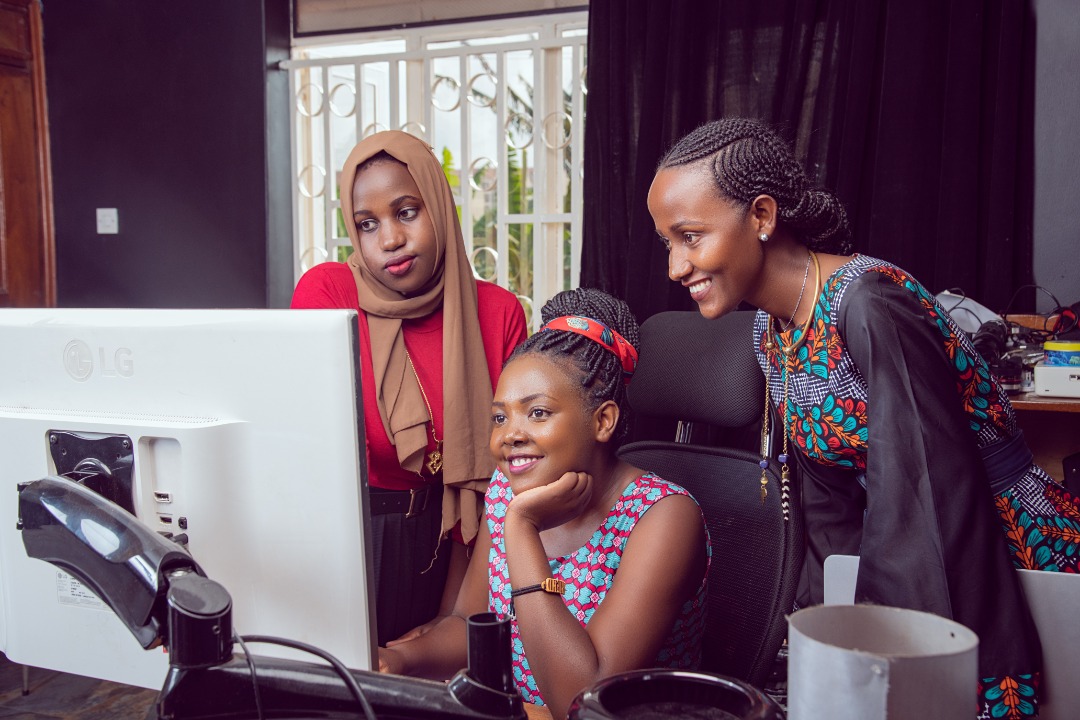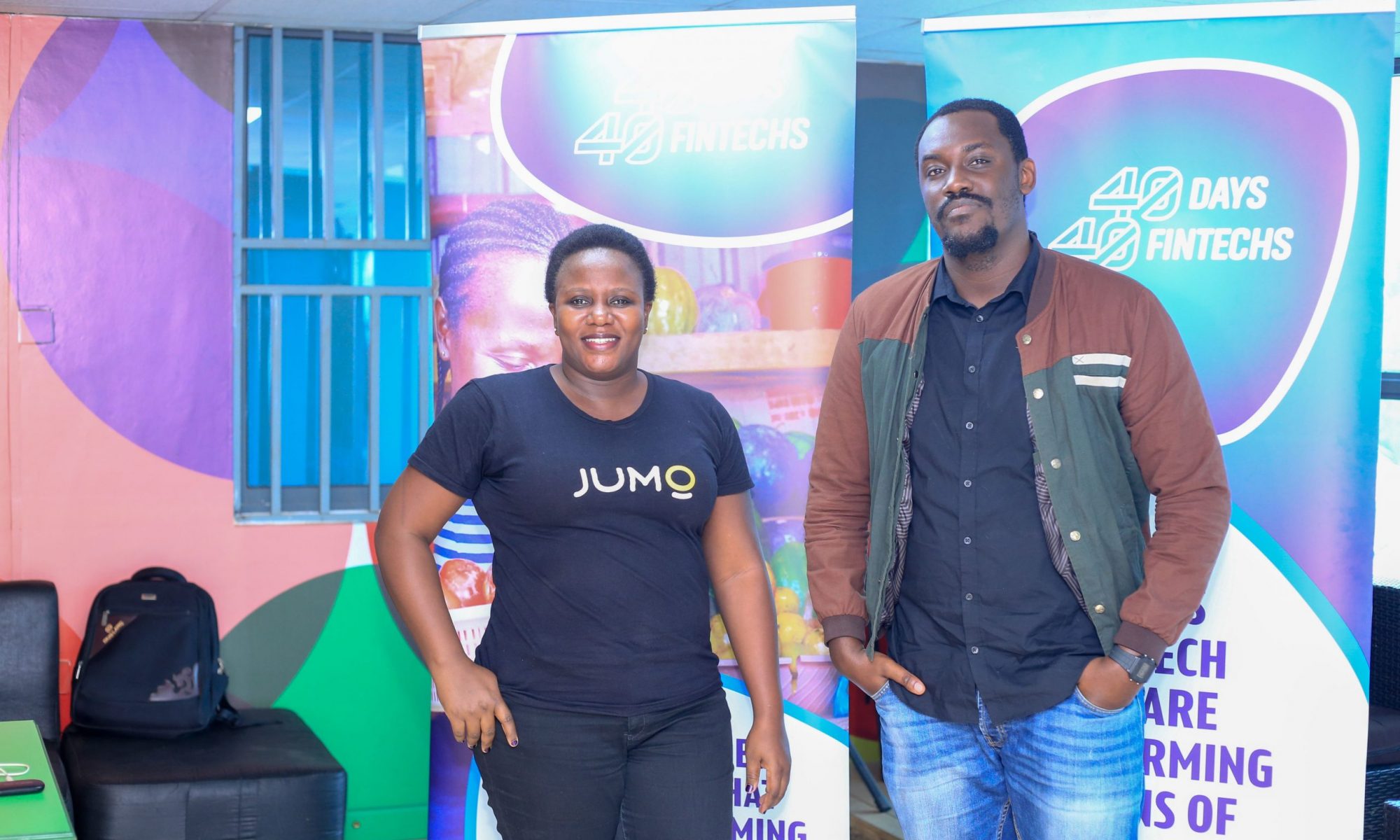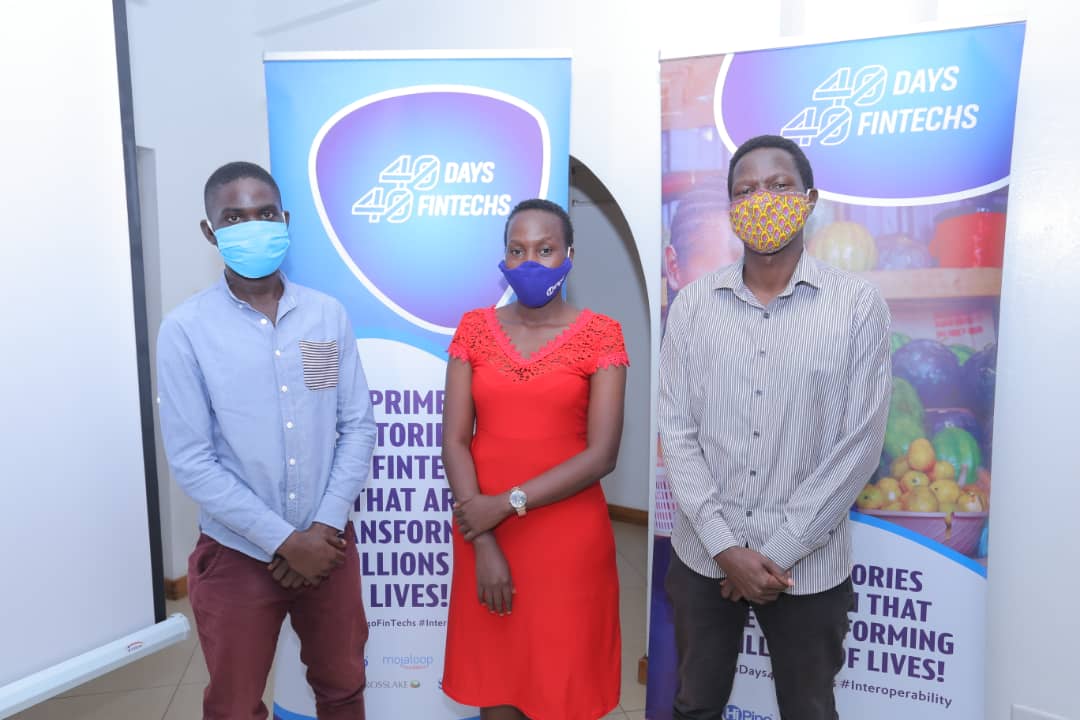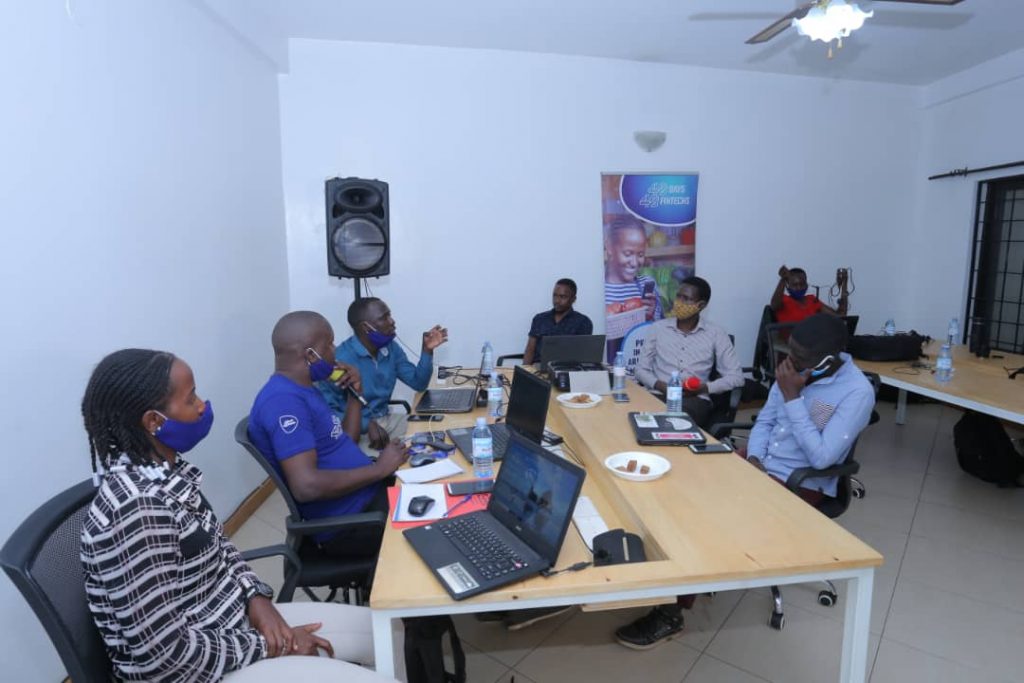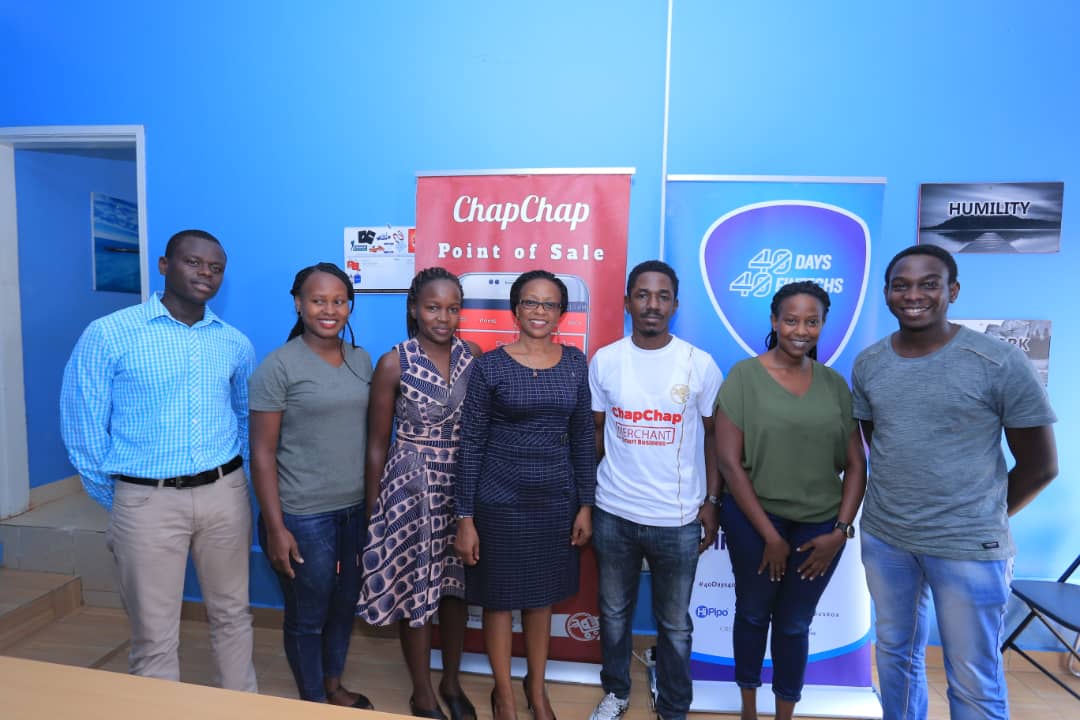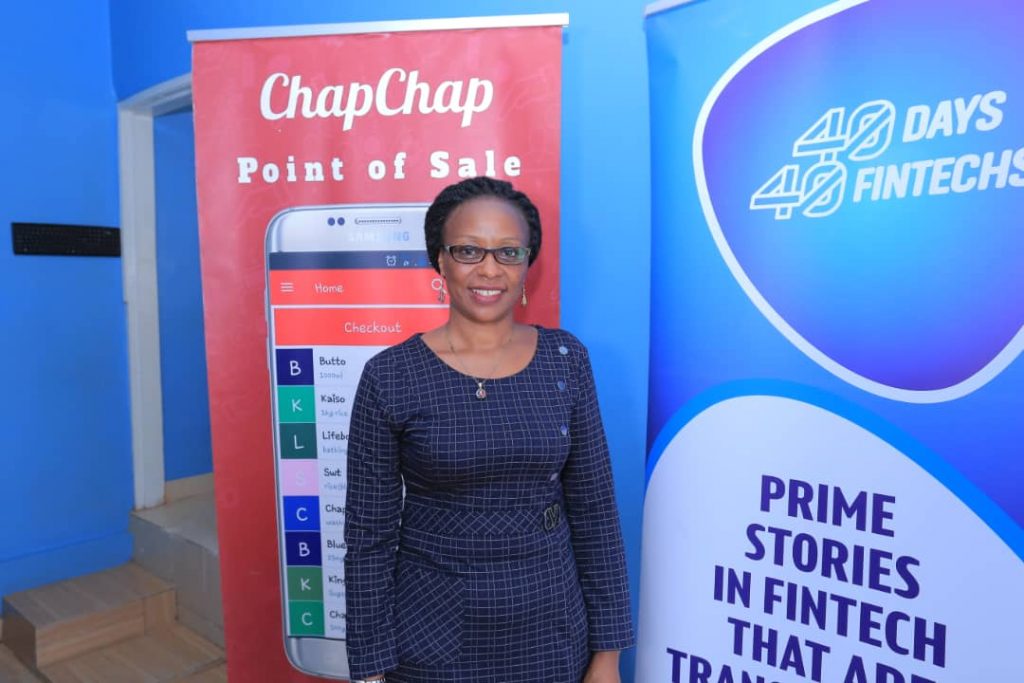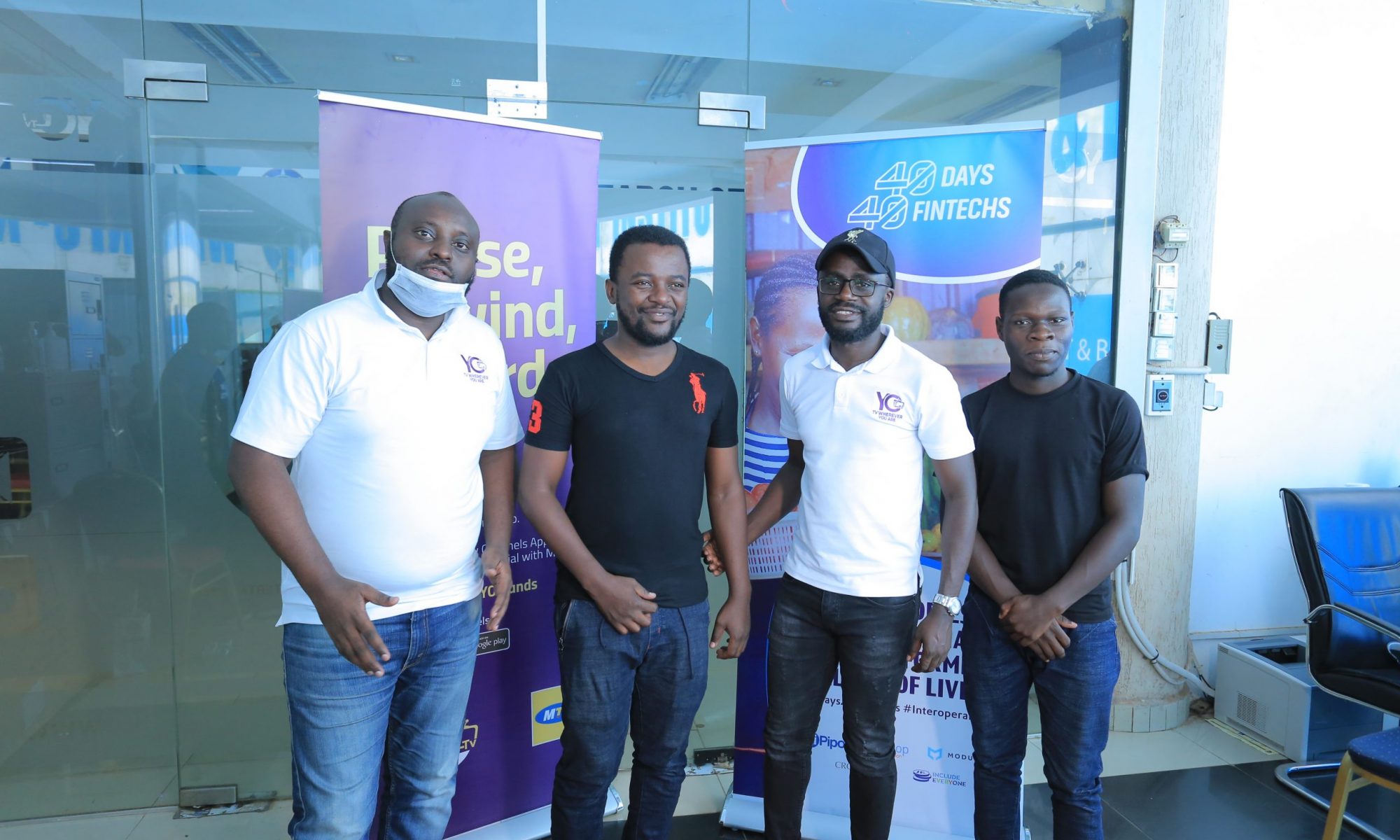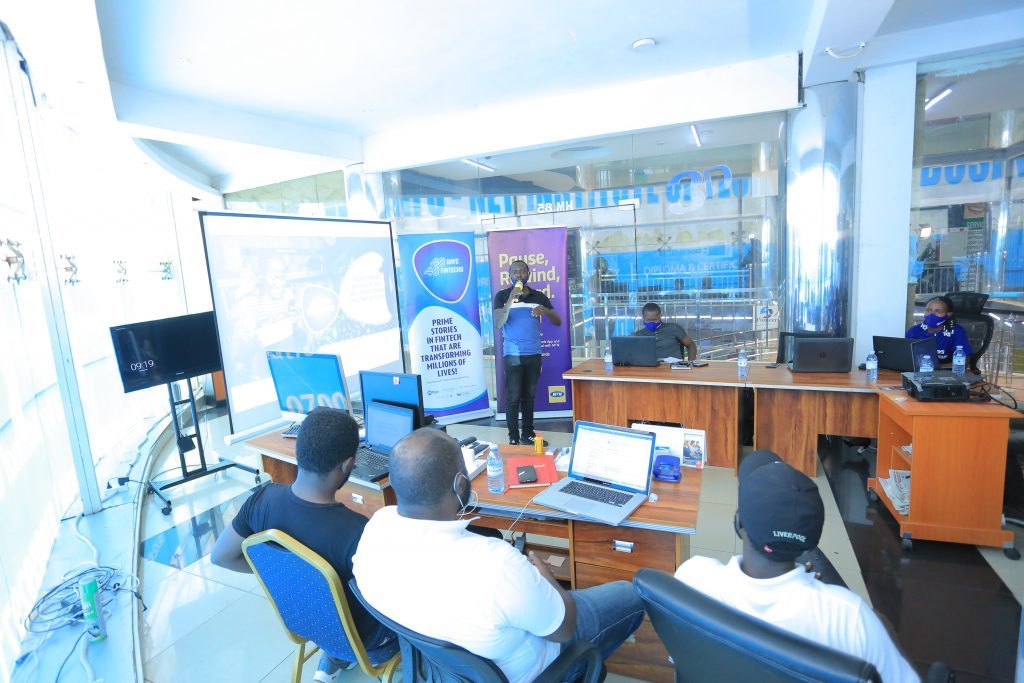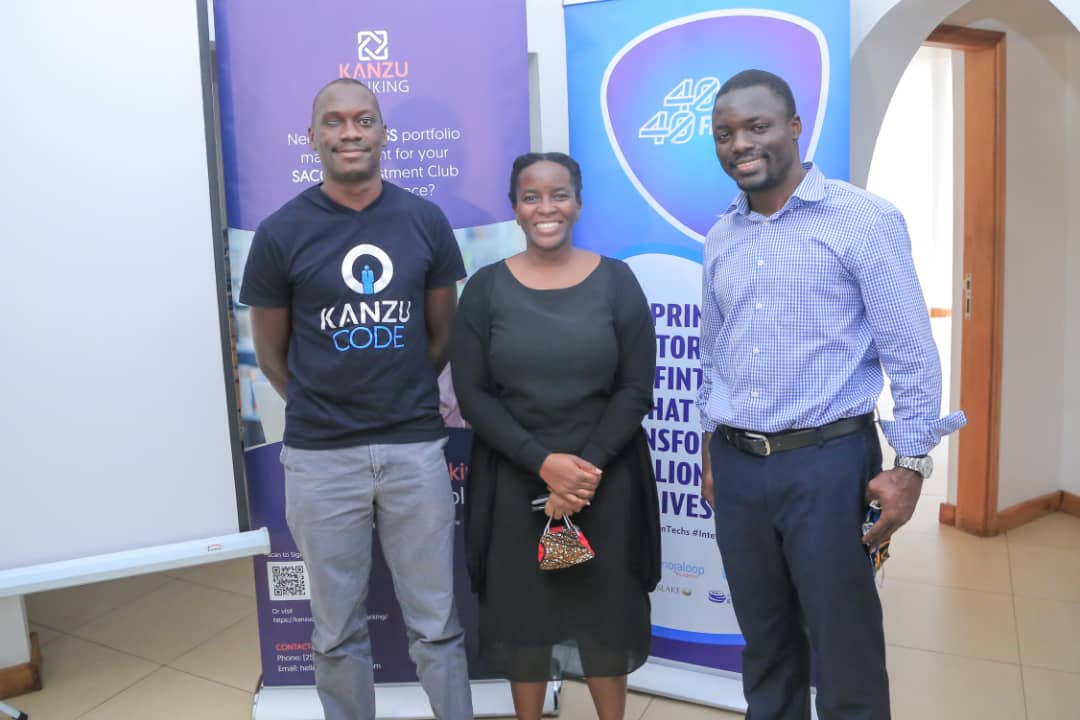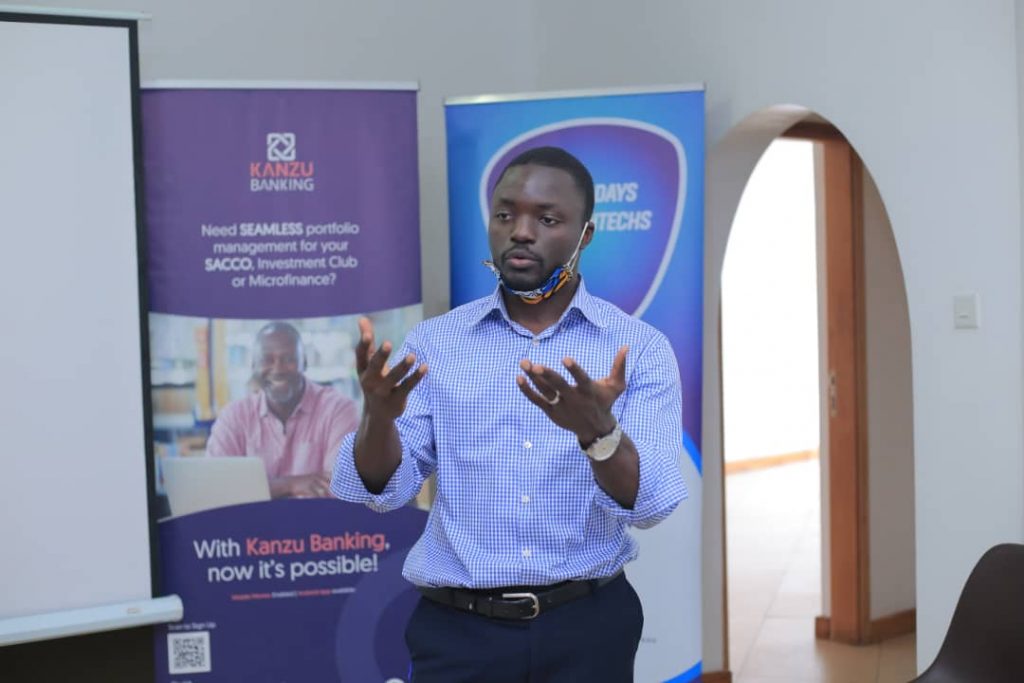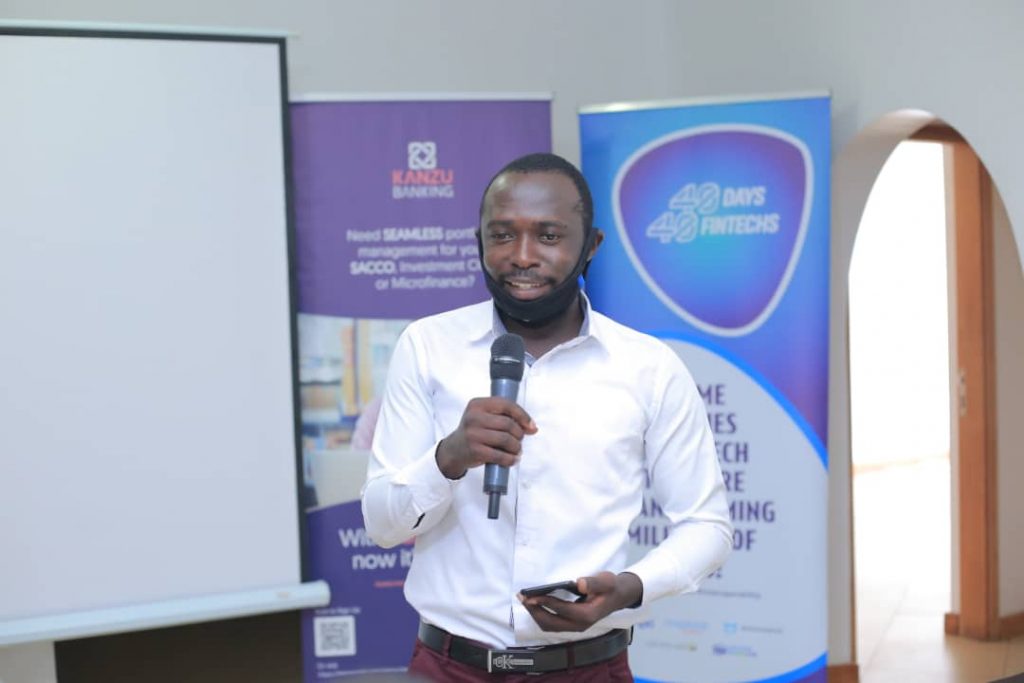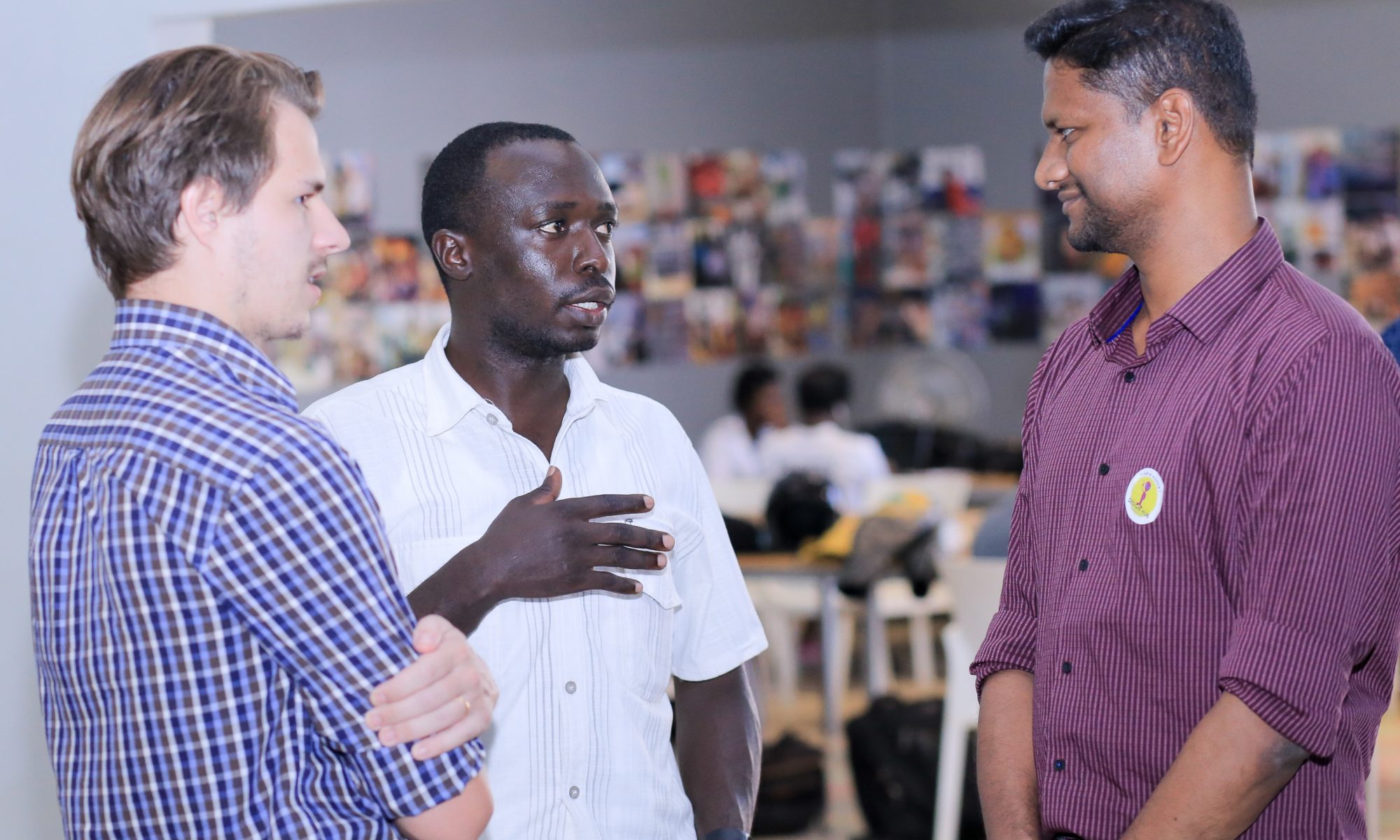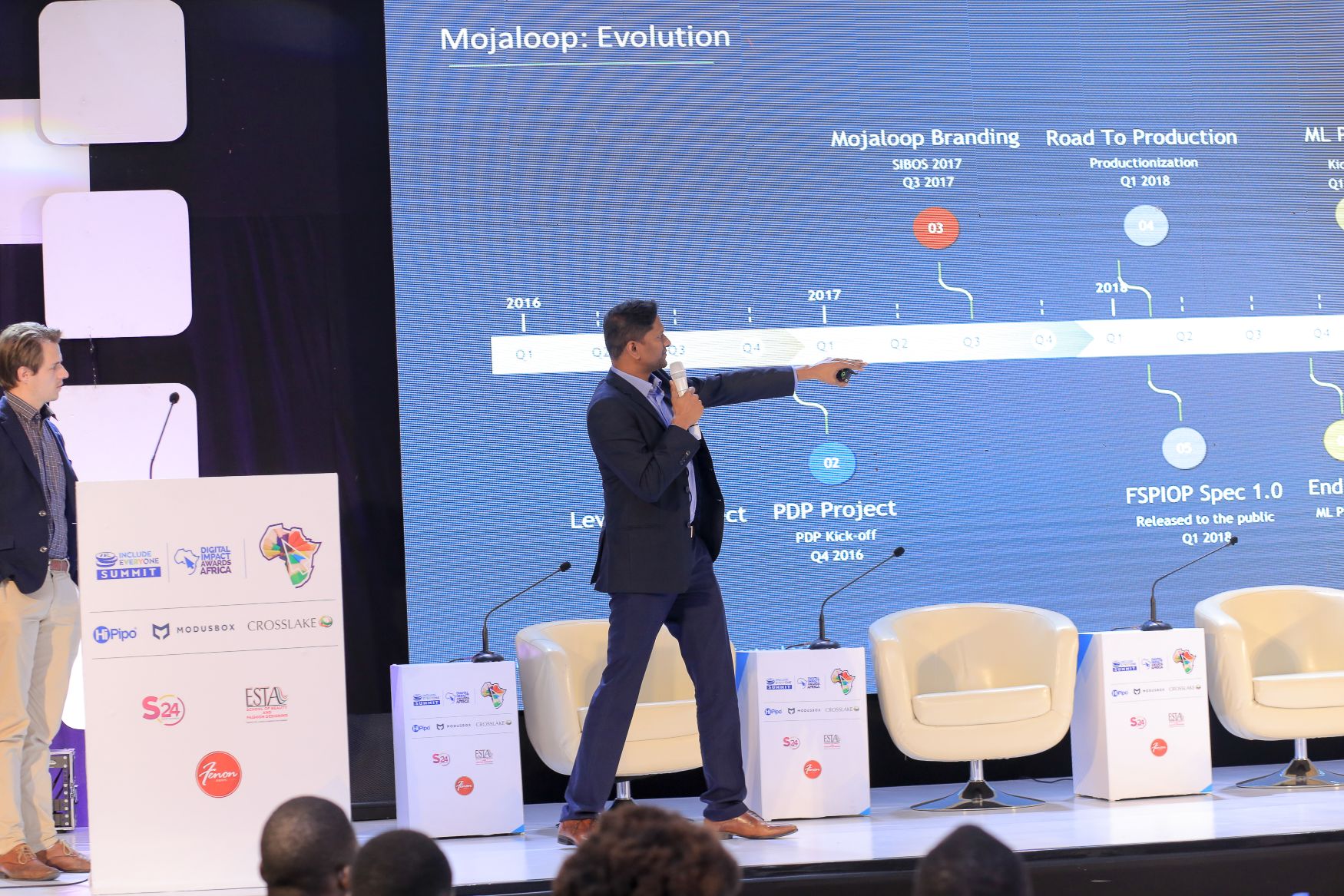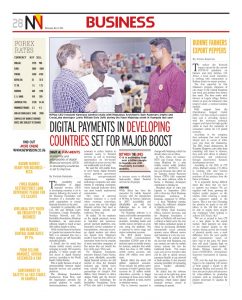09th, September, 2020: As part of its on-going Financial Inclusion efforts in Uganda and across Africa, HiPipo is implementing the Women in FinTech hackathon and summit this month.
Today, 15 women led teams have been announced for the Women in FinTech hackathon slated for 12th to 17th September at Hive Colab, Kamwokya, with the exception of Sunday 13th.
The participants will for 5 days conceptualize and develop products for enhancing women financial inclusion in Uganda and across Africa. They will network with fellow Developers and Facilitators from across the World, receive Mentorship from Industry Players and Business Leaders, get access to latest infrastructure and technology in addition to taking home a variety of prizes.
Organized by HiPipo under its Include EveryOne program in partnership with Crosslake Tech, ModusBox Mojaloop Foundation and Level One Project, this women focused hackathon will culminate in to the Women in FinTech summit on Friday 18th September.
“We received close to 30 team entries for this first of its kind women focused hackathon. Unfortunately, we couldn’t accommodate all of them this year. We thus shortlisted 15 teams that ticked all the project boxes,” Nicholas Kalungi, the Chief Operating Officer of HiPipo noted while announcing the teams, adding;
“Registration was the easier part of the project. The hard work will start on Saturday 12th as the teams will get down to developing ‘would be world changing and lifesaving products and services’. The 15 teams’ leaders and majority of their members are women. This is part of our contribution to addressing the huge gender diversity challenge that currently exists in the financial technology space.”
The Women in FinTech Hackathon and Summit come at the back of the great success of the recently concluded 40 Days 40 Fintechs initiative and the FinTech Landscape Exhibition that attracted over 100 financial sector organisations from across Africa, between May 13 and July 30th 2020.
The 15 Teams.
| Number | Team Name | Team Leader |
| 1 | E-Moments | Emily Nakabuye |
| 2 | Yo Uganda Limited | Penny Kamusiime |
| 3 | Team Spec | Edith Ndagire |
| 4 | W-Sacco | Nassanga Jalia |
| 5 | Kanzu Code Ladies | Aretha Kebirungi |
| 6 | GreenGrab | Valentine Masicha |
| 7 | Achors | Nanteza Nuriatt |
| 8 | UgMart | Diana Nafuna |
| 9 | Hack Girls | Halima Bukirwa |
| 10 | Team Kameeza | Suzan Mbabazi |
| 11 | Alpteq Solutions | Namubiru Aminah |
| 12 | Team Affinity | Musimenta Maria |
| 13 | Sky Code | Mourine Tumuhaise |
| 14 | Team Time | Eva Mirembe |
| 15 | Kuzimba Services | Ephrance Eunice Namugenyi |
Important Dates:
- 17th August to 4th September: Online Registration.
- 4th to 8th September: Eligible participants announced.
- 12 September: Women in FinTech hackathon kicks off.
- 14th to 17th September: Women in FinTech hackathon underway.
- 18th September: Women in Fintech summit.
Ends.

